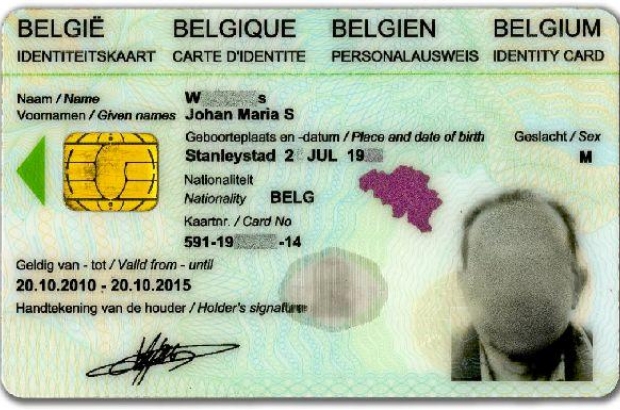- Daily & Weekly newsletters
- Buy & download The Bulletin
- Comment on our articles
Group aims to bust 'myths and misinformation' about becoming Belgian
The number of EU citizens acquiring Belgian nationality increased by 50% between 2009 and 2013 to more than 8,000 a year. During that time, Bulgarian, Slovak, Dutch and Spanish applications for Belgian citizenship more than doubled, while requests from Romania tripled.
Since January 2013, the naturalisation procedure has become more complicated - and total requests have fallen by 25% as a result - but help is available to anyone thinking of becoming Belgian.
EU think-tank Migration Policy Group (MPG) and Belgian NGO Objectif joined forces to host a day-long citizenship forum in central Brussels last week - with another four events planned over the next two years. The forum not only addressed the issues of acquiring citizenship but also the possibility of voting without Belgian citizenship.
"Many people don't realise that people who don't have Belgian nationality can vote in certain elections and we wanted to raise awareness about democratic participation even when you are not Belgian," says Fanny Silva from Objectif. "However, for those interested in citizenship, Objectif has a very simple tool at www.allrights.be that allows you to quickly see if you meet the requirements."
Their website is only available in French and Dutch - but a working knowledge of one of Belgium's national languages is needed to be considered for naturalisation. The organisation offers appointments in English offering individual advice.
MPG policy analayst Tom Huddleston - an American who has become Belgian - says: "There is no single explanation for why EU citizens become politically active or naturalise, as their motivations are much less straightforward than they often are for non-EU citizens.
"They may have lived here for decades, become the spouses or parents of Belgian citizens or simply developed a new sense of belonging and civic responsibility. Whatever their reasons, EU citizens are key to the future of Brussels and organisations must respond to this increasing interest."
Adults can request Belgian citizenship in five circumstances: If you were born in Belgium; have lived in Belgium legally for a continuous period of at least five years (or 10 years, depending on the individual’s situation; are married to a Belgian citizen; are the parent of a minor who has Belgian nationality; are handicapped, an invalid or have reached pensionable age.
Each of the categories has its own particular set of conditions and requirements. Under the 2013 law, the need to prove knowledge of one of the national languages (not necessarily the language of the region where you live) was added to the requirements, as well as proof of social integration - this can be either a diploma from an educational institution, or proof you have carried out at least 400 hours of professional training, or followed a special integration class, or been continuously employed or self-employed in Belgium for the past five years.
The naturalisation procedure takes at least two years - potentially longer depending on the backlog of requests - and appeals can be lodged within one month of a rejection.
"There are a lot of easy things to do to meet the requirements," says Huddleston. "There are organisations that can offer language classes, integration courses or help you figure out if you can meet the rules.
"The process used to be very discretionary - now it is pretty straightforward, you just have to get the documents together. But there are requirements that are slightly complicated and we realised that there are a lot of myths and misinformation so we thought it was important to give people individual advice."
He adds: "I came to Brussels because I personally believe a lot in the future of Europe, there's a lot of energy, a lot of ideas of social justice, a great history to carry on and I wanted to be part of that.
"I saw Brussels as my home, I settled down, I became a Belgian citizen myself, I voted in the elections. I personally believe that it's really important to become politically active in the place where you live."
To find out more about becoming Belgian, take the test at www.allrights.be










Comments
Very mixed up article poorly written. It fails to distinguish between 2 separate procedures and is factually inaccurate. Declaration or naturalization are the 2 procedures. Hardly anyone noe uses the latter.